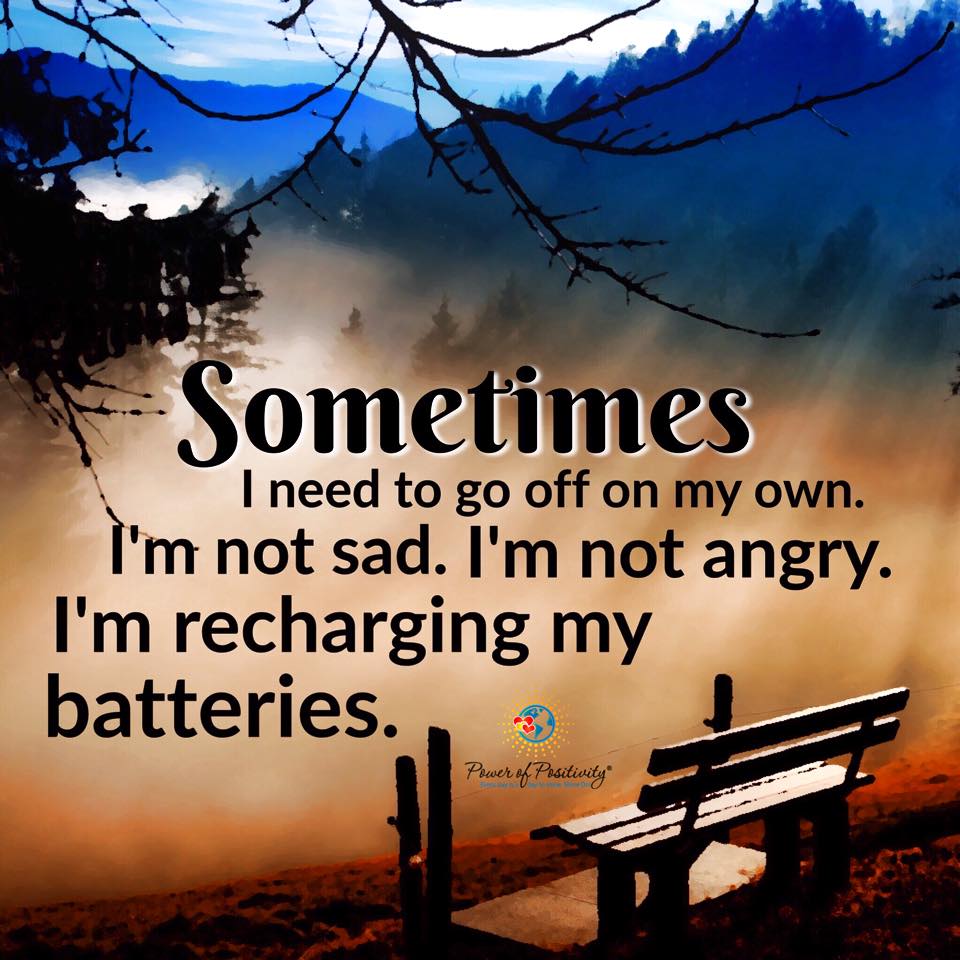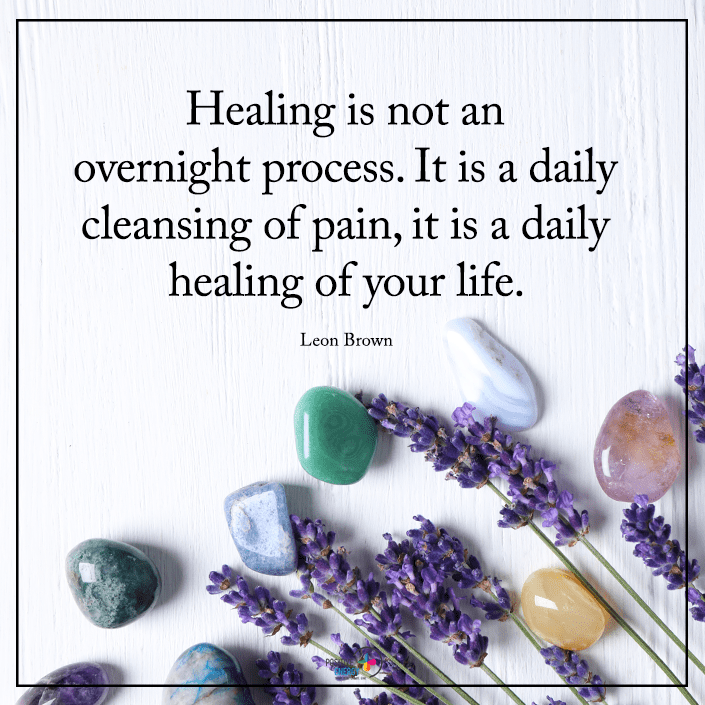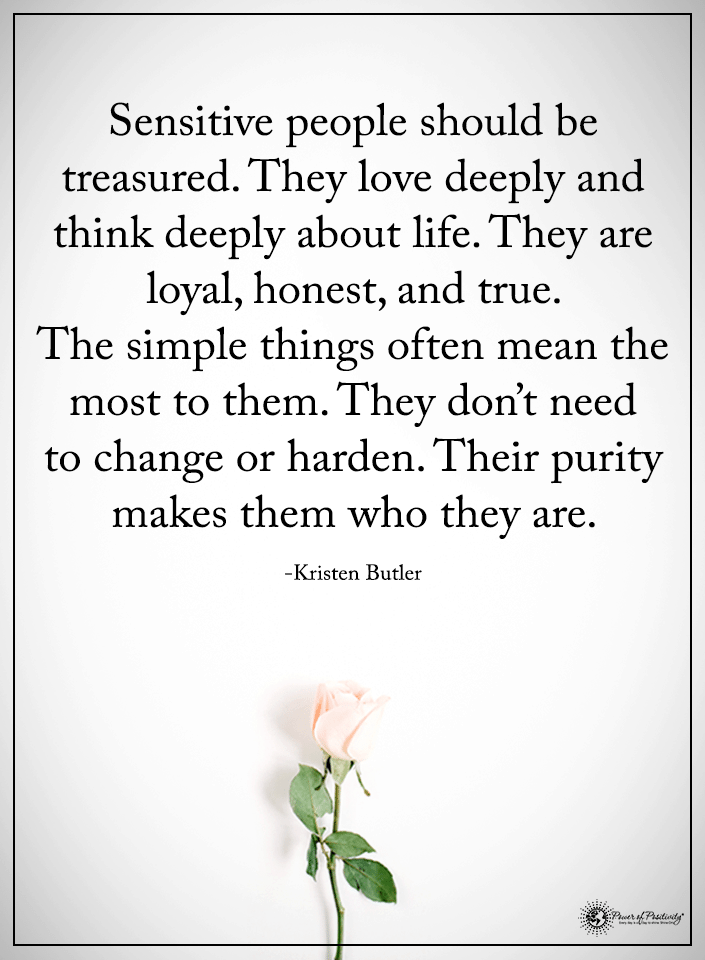As introverts, we know all too well the daily struggle of having to force ourselves out of bed to get to work, school, or other obligations when we really just don’t feel like dealing with people. Sure, if we had to see people once or twice a week, we would probably have more energy to socialize, but doing it every single day takes a toll on us. Introverts derive their energy from within, so it only makes sense that dealing with so much external stimuli would burden our already sensitive nerves.
According to research, introverts make up 16-50% of the population. This means that us introverts have to figure out a way to fit into an overly extroverted world, which can get utterly exhausting. So exhausting, in fact, that it can lead to something called introvert burnout, which is exactly how it sounds – basically a nervous breakdown in the world of introverts.
However, we all must live in this world and cope somehow, so how can introverts deal with living in a fast-paced, noisy, talkative world without going completely crazy? We have a few tips that you might find useful below.
HERE ARE SOME TIPS FOR INTROVERTS DEALING WITH BURNOUT:

1. Schedule some alone time each day.
Don’t feel selfish for taking time to yourself. Everyone, including extroverts, needs some solitude in order to recharge their batteries. However, introverts need significantly more time to themselves since they draw energy from within themselves rather than from social experiences. If you work a normal job, ask your boss if you could possibly take a couple extra 5-10 minute breaks each day to go outside and get some fresh air. You might have to stay a bit longer at work, but it’s worth it if you can get some extra time to recharge.
When you get home from work, try to schedule a little time to meditate, write, draw, or go on a short nature walk. You’ll feel much better if you can work some alone time into each day.
2. Don’t go to events that you know will make you miserable.
This doesn’t mean you can avoid every get-together, like your aunt’s birthday or your cousin’s wedding, but try not to attend too many events that you know will trigger you. Do things you actually enjoy with people who “get” your personality and needs, and try not to overschedule yourself. Even small get-togethers can make introverts tired if they attend them too often.
Also, if you must go to an event where you know a lot of people will show up, make sure you plan beforehand accordingly. Don’t schedule anything a few days or even a week leading up to the event so that you have plenty of alone time to recharge and prepare yourself. When the day comes for the gathering, leave a little early if you must.
3. Practice a calming routine at parties or events.
When you do go out, make sure you have a self-soothing routine to fall back on. Whether that means reciting a mantra to calm your nerves, meditating outside for a few minutes, or even escaping to the virtual world on your phone for a bit, do whatever works for you. You don’t have to talk to people every second of the get-together; make sure you recharge your batteries as often as needed so that talking to people won’t seem so exhausting.
4. Live a lifestyle that supports your personality.
In other words, don’t take a job as a salesman/woman if you know you hate talking to people. Don’t sign up for too many clubs and activities that you know you won’t go to half the time. Don’t hang out with people who drain your energy and make you miserable. Live a life that YOU love and enjoy, and don’t apologize for living differently than others because of who you are.
5. Embrace your introverted nature.
Introverts have had to deal with stigmas for decades, and some people have even been referred to therapy for simply not liking to talk as much as others! The world may not understand you, but you shouldn’t let that bother you. Remember that introverts just like you have to deal with the challenges that modern living presents, so you don’t have to feel alone. Love yourself as you are, and learn to stop apologizing to others for your personality or feeling like you have to live up to others’ expectations. The only person you need to please is yourself, period.
Being an introvert in an extroverted world can feel quite draining and miserable at times, but it doesn’t have to feel that way. If you use these coping techniques and learn to embrace the introvert within, it will get a lot easier to deal with society. There’s nothing wrong with you for simply wanting some more quiet time than society deems acceptable, and not wanting to socialize every second of every day. We do live in a very social world, but the world could certainly use a lot less noise and chaos, anyhow.
So, with these tips, we hope that you can avoid introvert burnout and get back to living a happy, peaceful life. 🙂












